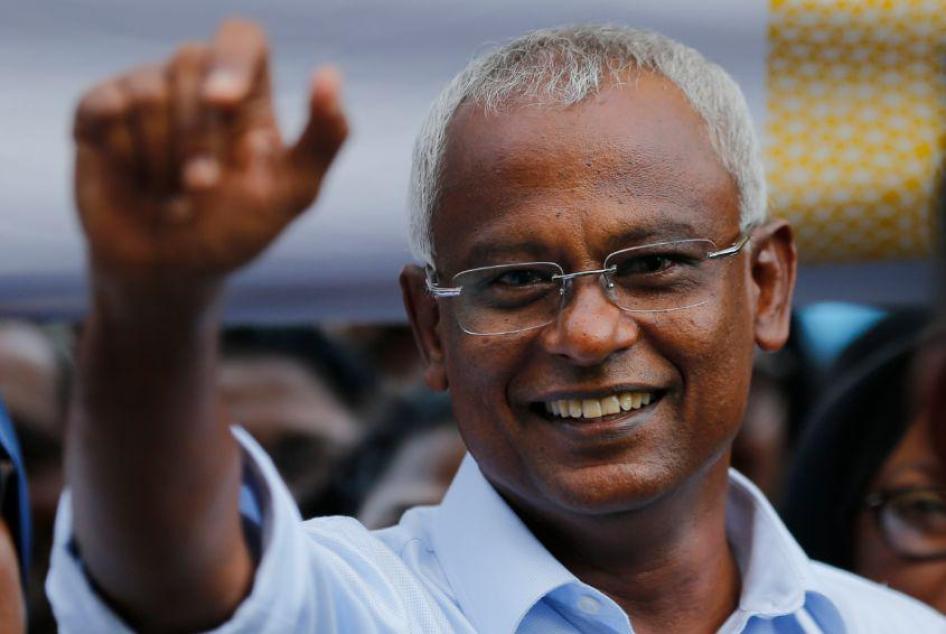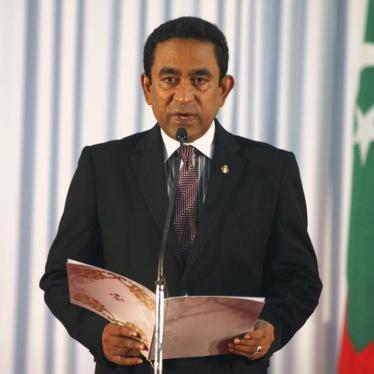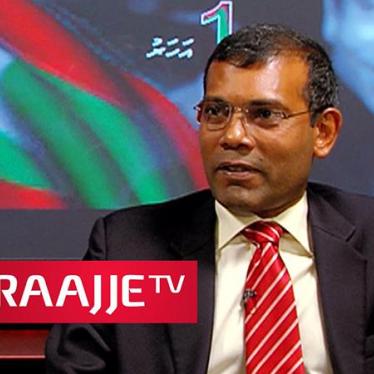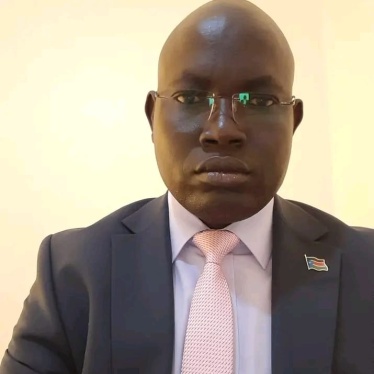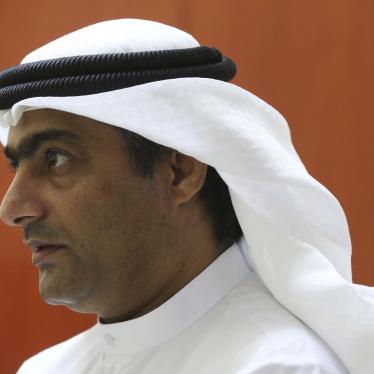In a unanimous ruling on Sunday, the Maldives Supreme Court denied outgoing President Yameen Abdul Gayoom’s petition to annul September’s presidential election, won by an opposition coalition. Yameen’s request for an inquiry into alleged vote-rigging and fraud, with extraordinary claims that the opposition used disappearing ink and chemicals to change the mark on voters’ ballot papers, was also denied by the court.
The irony of Yameen’s petition was not lost on anyone familiar with the president’s assaults on the rule of law. Earlier this year he had declared a widely criticized emergency, arresting political opponents and imprisoning two Supreme Court justices. Furthermore, it’s been the Yameen government that was convincingly accused of using wrongful means to try and win the election.
The Maldives’ judiciary has not always displayed such gumption when it comes to Yameen. After he had the two justices arrested, the three remaining on the bench caved to political pressure, reinstating politically motivated convictions against opposition party leaders.
Yameen’s administration was autocratic and corrupt, but Maldivians know from experience that restoring democratic rule is no easy feat. In 2008, pressure for reform resulted in the country’s first democratic elections and a new constitution guaranteeing judicial independence. The transition to democracy foundered when the reformers were ousted by powerful people still in place from the pre-2008 era – most notably in the judiciary. After Yameen was elected president in 2013, the courts approved law after law to crush the opposition and silence the media.
With the incoming government of President-elect Ibu Solih taking office on November 17, Maldivians worry about history repeating itself. Like in 2008, the new government is a coalition of parties, some of which have links to extremist religious groups. The government will need international support to follow through on promises to dismantle laws and practices previously used to quash dissent.
The overwhelming voter turnout sent a clear signal that Maldivians are committed to democratic rule. Concerned countries that criticized Yameen’s “all-out assault on democracy” should now encourage the Solih government to undertake much-needed reforms, including by building stronger oversight mechanisms to ensure judicial independence.

